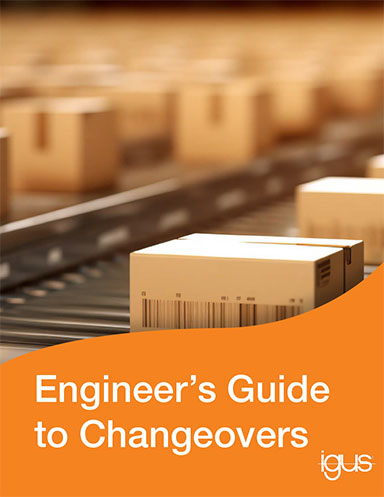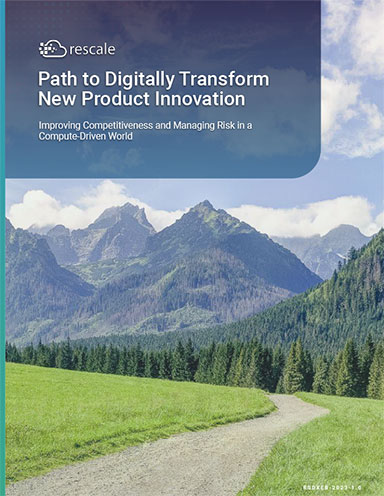NVIDIA Joins Cancer Moonshot with AI Platform for Accelerating Research
Latest News
November 14, 2016
 Jen-Hsun Huang, founder and chief executive officer of NVIDIA speaks to reporters at SC16.
Jen-Hsun Huang, founder and chief executive officer of NVIDIA speaks to reporters at SC16.At SC16 in Salt Lake City, NVIDIA announced its partnership with the National Cancer Institute (NCI), the U.S. Department of Energy (DOE) and several national laboratories on an initiative to accelerate cancer research.
The initiative — known as the Cancer Moonshot, announced by President Barack Obama during his 2016 State of the Union Address, and led by Vice President Joseph Biden — aims to deliver a decade of advances in cancer prevention, diagnosis and treatment in just five years. The research efforts include a focus on building an AI framework called CANDLE (Cancer Distributed Learning Environment), which will provide a common discovery platform that brings the power of AI to the fight against cancer.
In a press briefing at SC16, NVIDIA Founder and CEO Jen-Hsun Huang called CANDLE “the largest scale deep learning environment ever created.”
The Cancer Moonshot strategic computing partnership includes three precision medicine pilot projects that aim to provide a better understanding of how cancer grows; discover more effective, less toxic therapies than existing ones; and understand key drivers of their effectiveness outside the clinical trial setting, at the population level.
“GPU deep learning has given us a new tool to tackle grand challenges that have, up to now, been too complex for even the most powerful supercomputers,” said Huang via a press release. “Together with the DOE and NCI, we will create an AI supercomputing platform for cancer research. This ambitious collaboration is a giant leap in our fight against cancer.”
CANDLE will be focused on three goals. First, to help discover the underlying biology of cancer—the genetic signatures present in DNA and RNA of common cancers that are predictive of treatment response from the mass of molecular data collected by the NCI genomic data commons. Second, CANDLE will accelerate the molecular dynamic simulations of key protein interactions to understand the underlying biological mechanisms creating conditions for cancer. Third, through semi-supervised learning, CANDLE will automate information extraction and analysis of millions of clinical patient records to build a comprehensive cancer surveillance database of disease metastasis and recurrence.
 HPC Impacts on Precision Medicine: Life’s Future–The Next Frontier in Healthcare was the plenary panel at SC16.
HPC Impacts on Precision Medicine: Life’s Future–The Next Frontier in Healthcare was the plenary panel at SC16.At the SC16 plenary panel session on precision medicine, Warren A. Kibbe Ph.D., director of the Center for Biomedical Informatics and Information Technology (CBIIT) at the NCI, provided some sobering cancer statistics. In 2016, there were 1.7 million new cases of cancer in the US alone and more than 14 million new cases across world. He said 16,000 people in the US will lose their life to cancer this year.
“AI will be essential to achieve the objectives of the Cancer Moonshot,” said Rick Stevens, associate laboratory director for Computing, Environment and Life Sciences at Argonne National Laboratory via a press release. “New computing architectures have accelerated the training of neural networks by 50 times in just three years, and we expect more dramatic gains ahead.”
Teams collaborating on CANDLE include researchers at the NCI, Frederick National Laboratory for Cancer Research and DOE, as well as at Argonne, Oak Ridge, Livermore and Los Alamos National Laboratories. NVIDIA engineers and computational scientists will contribute to all elements of this framework by jointly developing an AI software platform optimized for the latest supercomputing infrastructure, according to the company, with the goal of achieving 10X annual increases in productivity for cancer researchers.
Subscribe to our FREE magazine, FREE email newsletters or both!
Latest News
About the Author
Jamie Gooch is the former editorial director of Digital Engineering.
Follow DE





